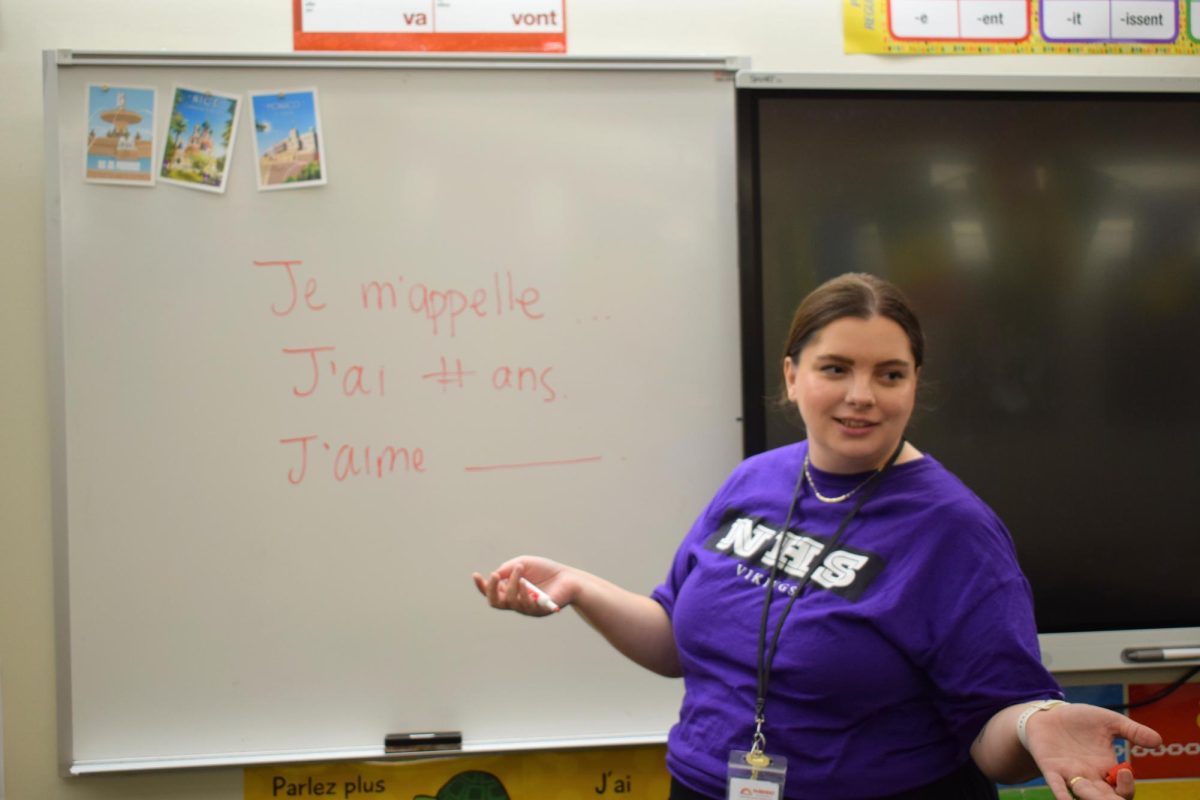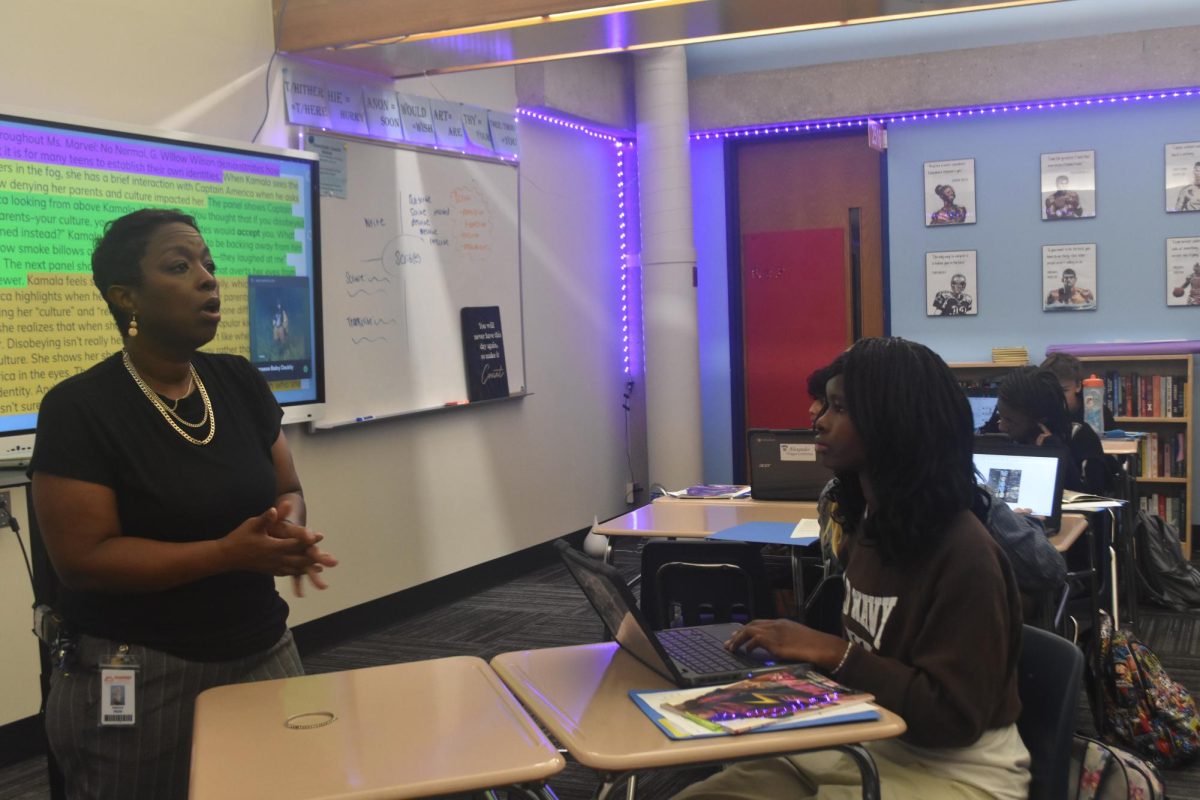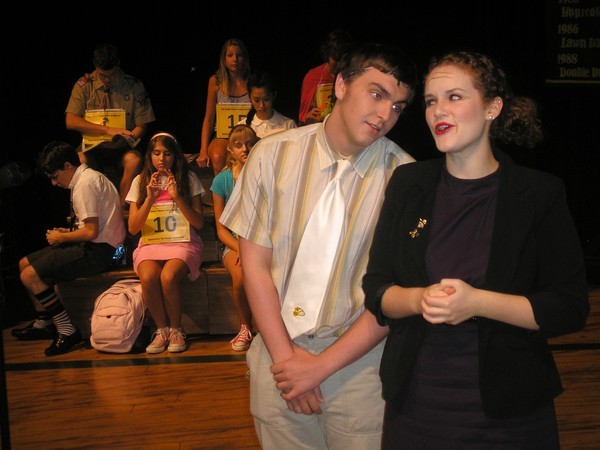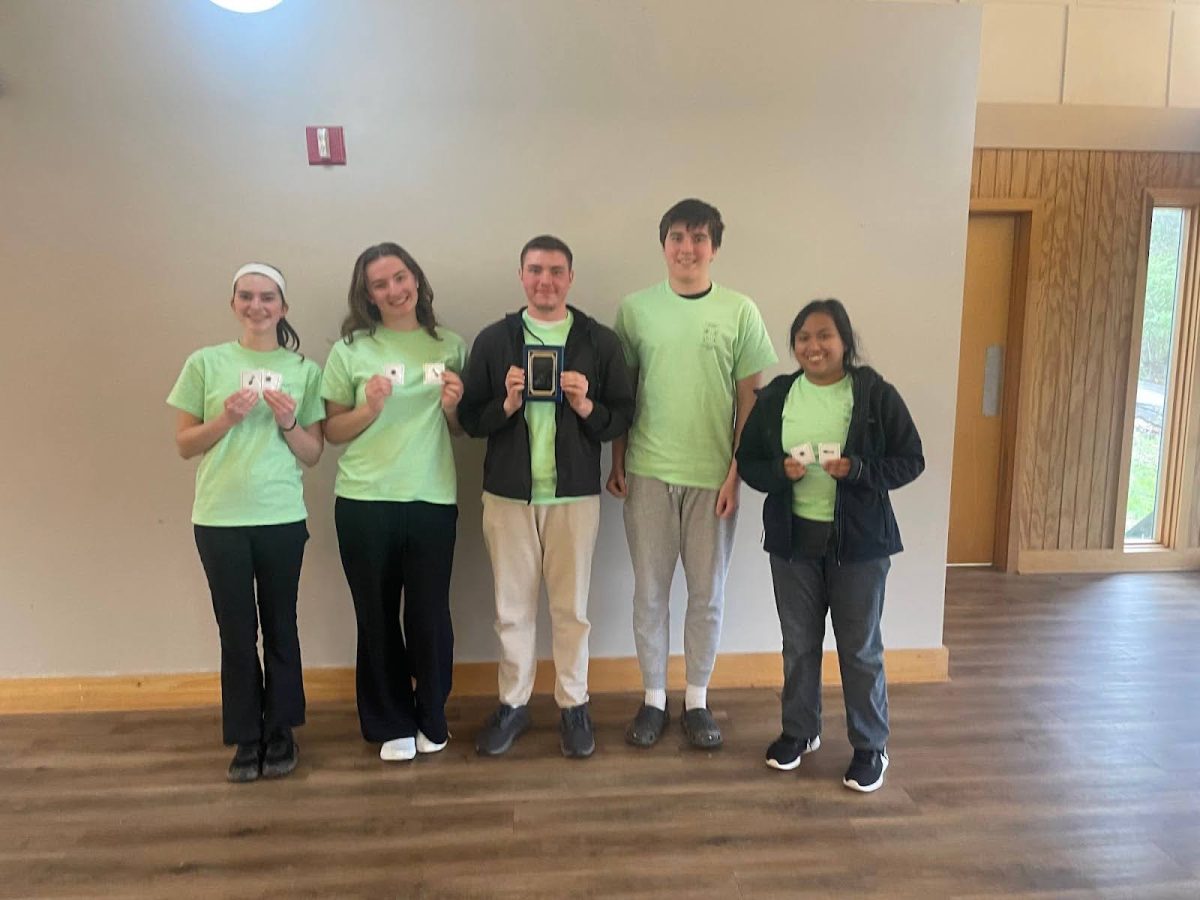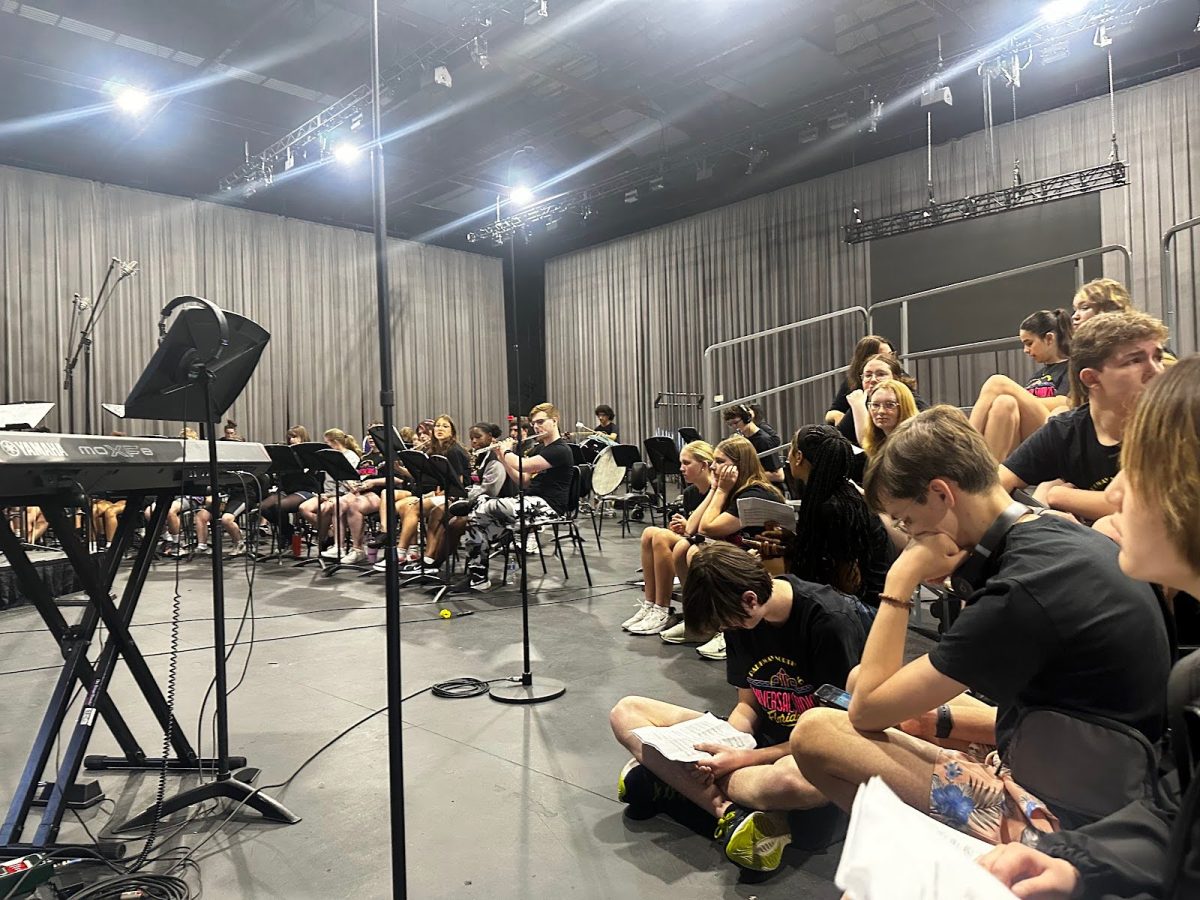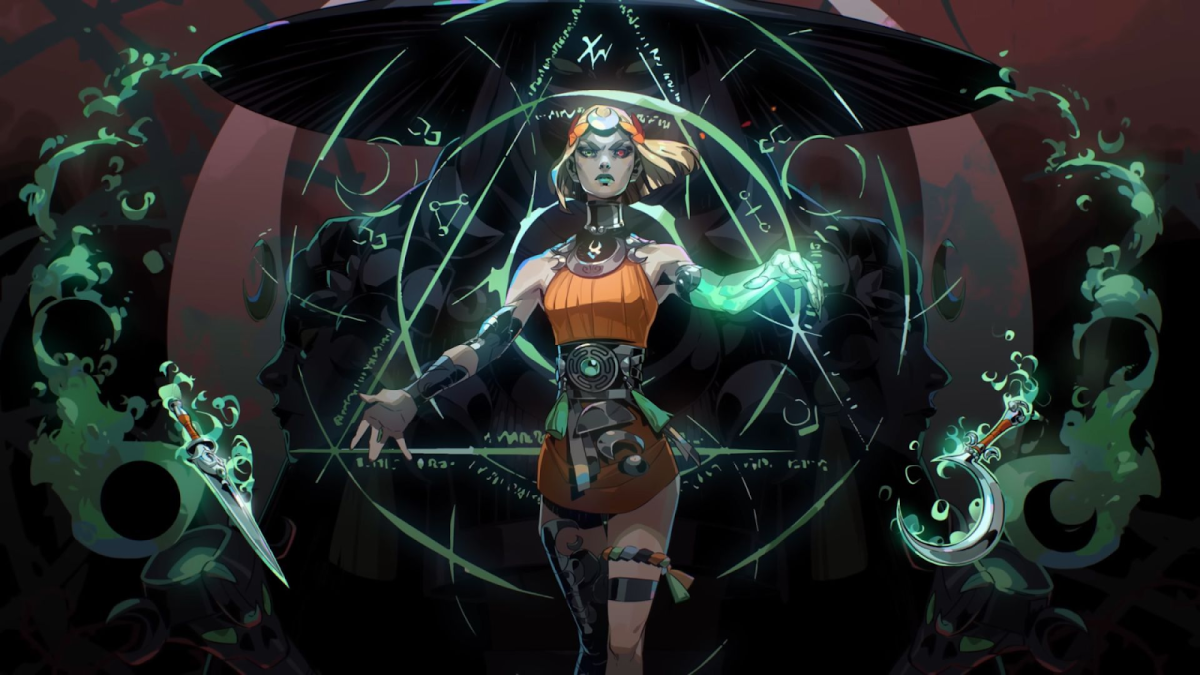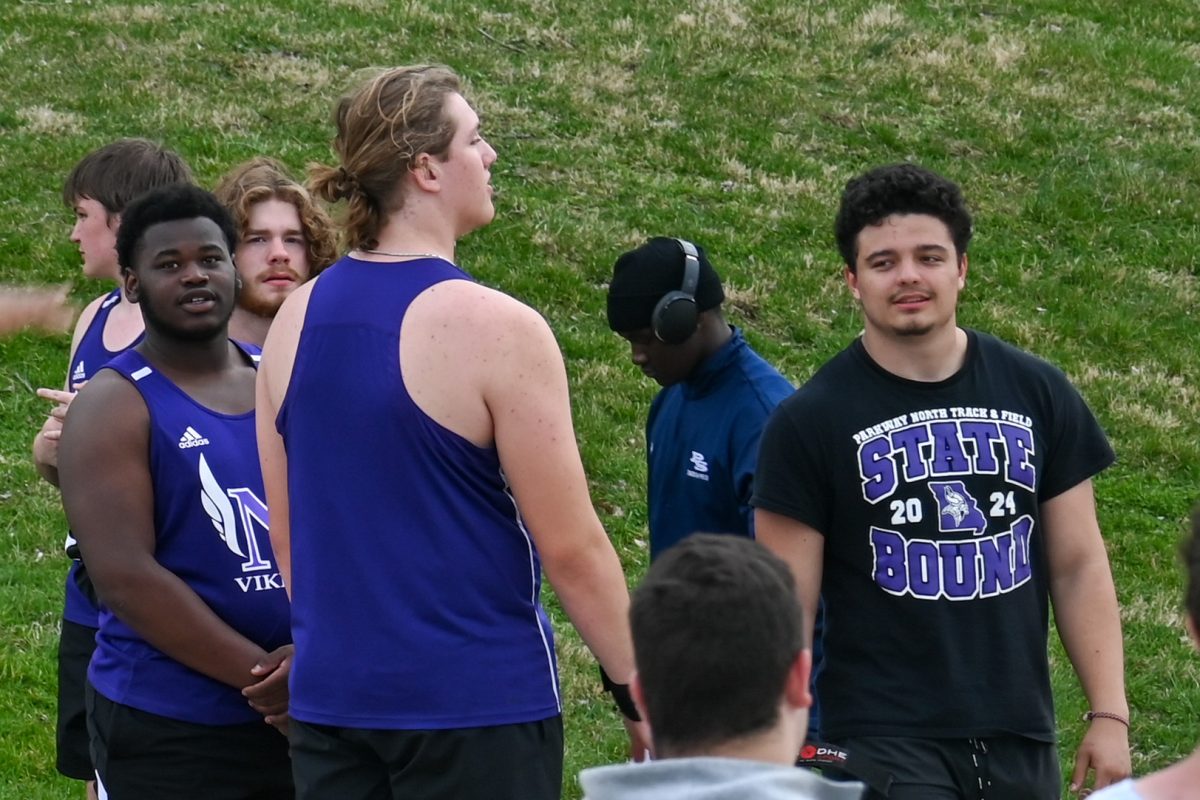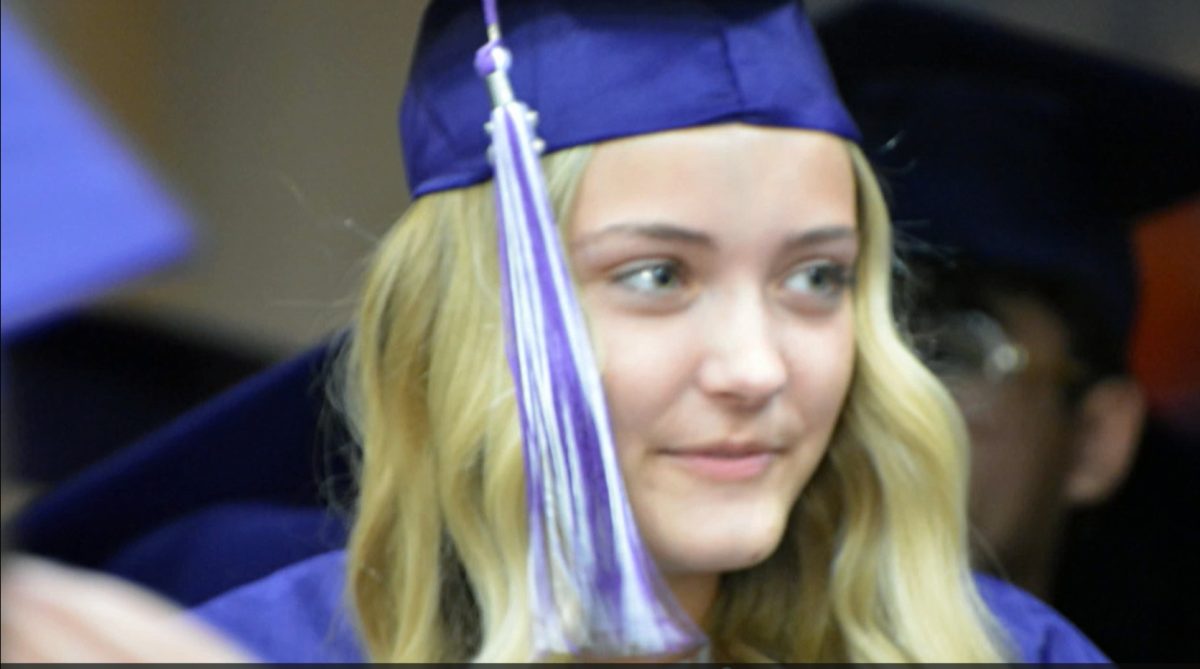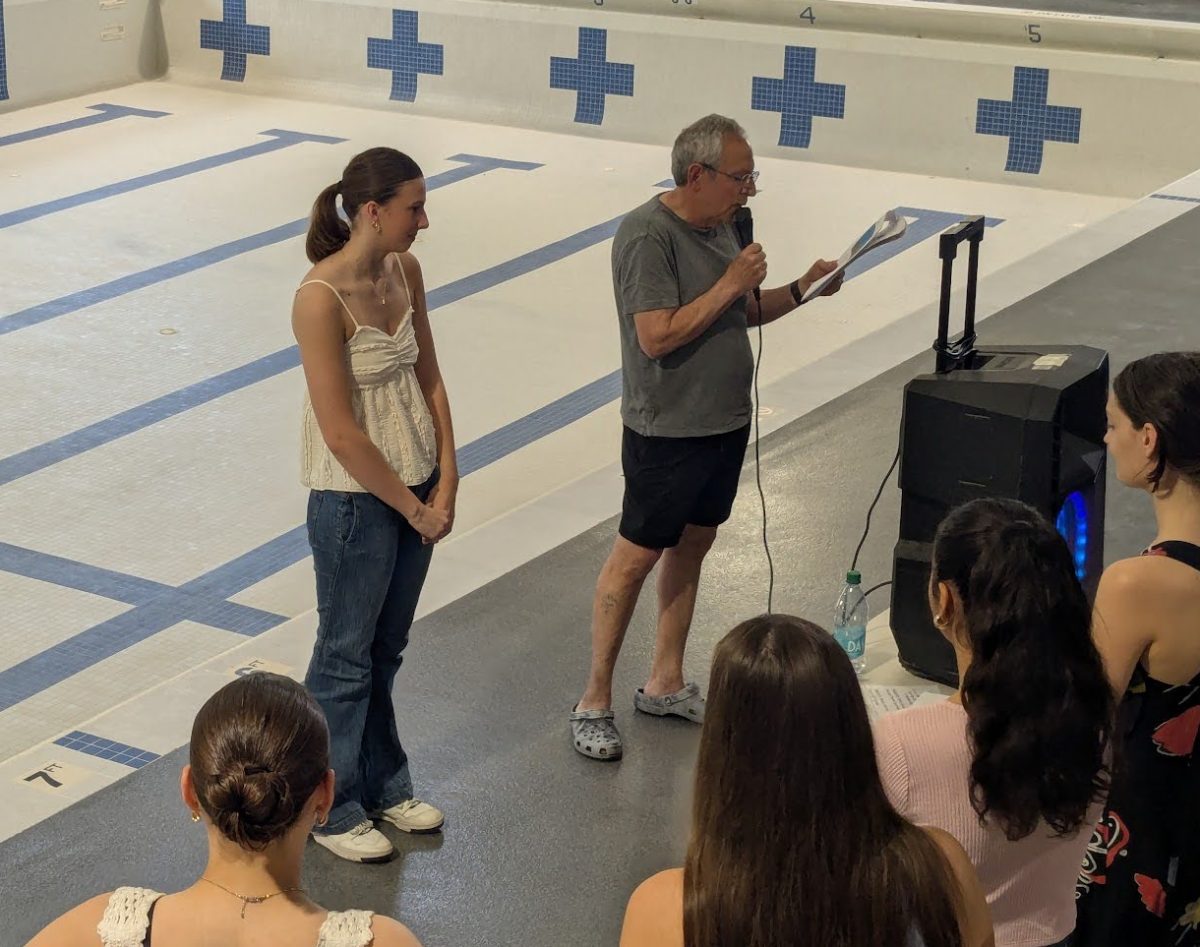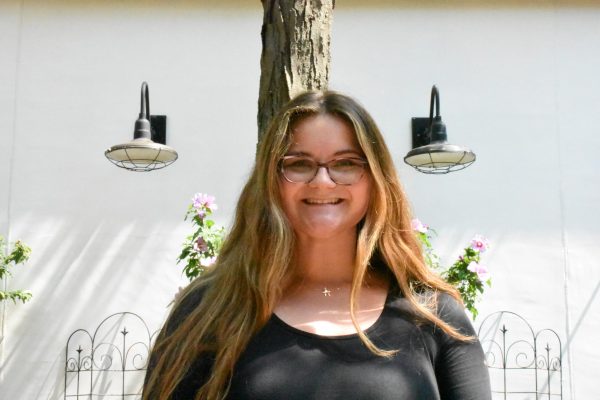Each year, the Parkway North Poetry Club hosts at least one Poetry Slam that welcomes young writers to share their poetry with others. This fall, the slam was hosted on Oct. 8 in the library during AcLab by senior Ainsley Heffern.
“Last year, my friends ran [Poetry Club], so when they graduated, the responsibility fell on me to keep the club going,” Heffern said.
Poetry Club has served Parkway North as a place for talented writers for two years as a rebranded version of the Savage Stanzas Club.
“[Poetry Club] gives more community to writers…It gives an [outlet] for people who are new here or are more introverted and want to make new friends and socialize with people,” Heffern said.
The Poetry Slam mimics a professional read-in, with each writer reciting their poetry to the crowd. No topic is off bounds and a variety of voices were heard.
“I was inspired to come today by poets of the past and my former English teacher, who inspired me to start my poetry journey,” said senior Maxwell Banashek, who attended and read poems at the Poetry Slam.
Unfortunately, attendance at this event was lower than expected, but Heffern and Banashek managed to make the best of it.
“Poetry slams are kind of a nice, safe place for me to perform my poems, but I don’t write them to be performed… I write them for myself,” Banashek said. “Sometimes I’ll just sit on my bed and think for a couple hours, especially on the weekends… I find that the only person’s mind I can change when I write is my own. And that’s all I really have control over, but besides that, I just write it and I put it out there and maybe someone will take something away from it.”
The club meets periodically on either Tuesdays after school or Wednesdays during AcLab and is increasingly gaining more opportunities to get published as a writer.
“We commonly post our work to Submittable, which is a website where you can get your work published by finding writing opportunities from journals,” Heffern said.
Heffern has gotten their poem ‘Sleep Paralysis Demon,’ published and actively encourages club members to do the same.
“A lot of us have differences like we are neurodivergent or we’re gay, which otherwise puts us apart from society…I think a lot of us have found comfort in writing because we don’t have to communicate,” Heffern said.
Heffern is hopeful of the club’s future, as they strive to create an environment that “gives others a space to share their thoughts and feelings through their poetry.”


![Senior Maxwell Banashek, energetically recites his poem for the poetry slam audience. “Usually I am more of a keep [poetry] private kind of guy because I’m waiting for the right time and place… poetry slams are the kind of nice, safe place for me to perform my poems.”](https://pnhnorsestar.com/wp-content/uploads/2024/10/m3-1-1-e1729098257151-800x1200.jpg)
